One of the best food writing sites on the web changed its name. This part of how things are changing resonated with me:
When we launched in 2015, “the new food economy” was a term used by scholars to describe one of the largest cultural sea changes of the past 50 years—a profound shift in the way Americans think about eating, and a sweeping re-evaluation of the values that drive food production.
But in 2020 the new food economy isn’t really new anymore. Organic is a $50-billion-dollar business. Large meatpackers are buying shares of plant-based burger companies. Terms like “regenerative agriculture” appear on the side of your cereal box. In other words, it’s no longer a revelation that eating is a matter of civic participation. Americans crave connection to their food. And the broad, transformational values that once felt niche to some—the desire for a more just, transparent, and sustainable food system—are no longer fringe concerns. They’ve gone fully mainstream, and the stories we cover make front-page news.
